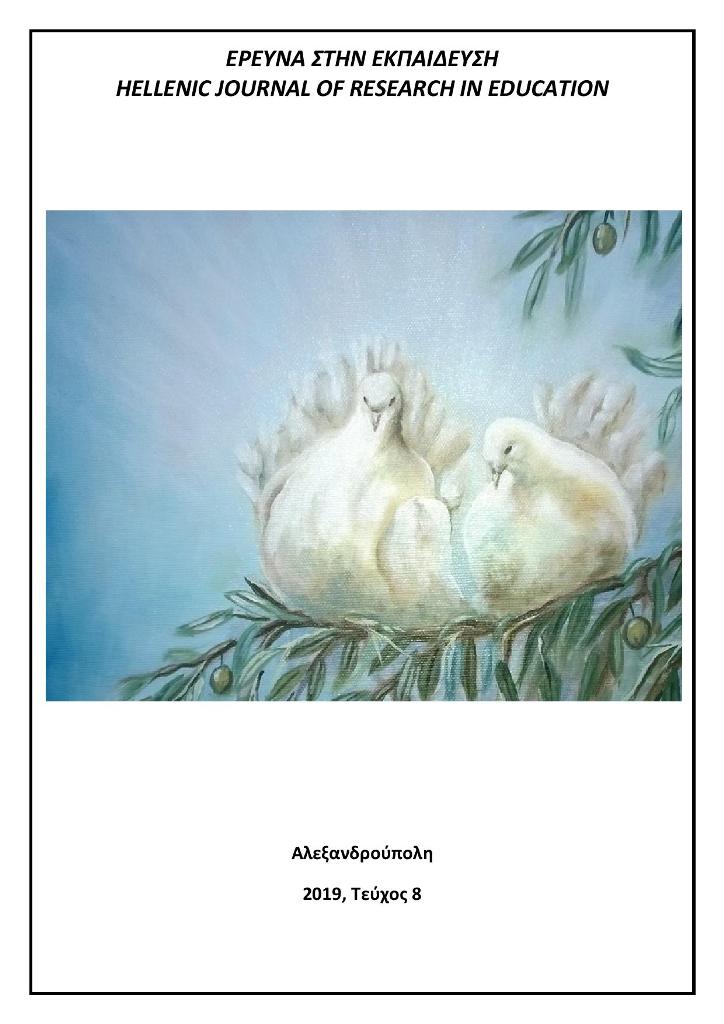The mentor's role in the Greek educational system: Teachers' points of view of Thessaloniki Prefecture in relation to the institution application

Abstract
teachers’ beliefs regarding the necessity of teacher mentoring and whether it can be
considered an effective response to teachers’ needs. In total, 215 primary teachers participated in the study. Statistical analysis of the questionnaire data was performed using the statistical software S.P.S.S. 22. All variables have been tested on the basis of gender and teaching / working experience. Additionally, the conditions under which the institution can be applied (Section E1) have been also tested in connection with typical and additional qualifications. After that, there has been a thorough analysis on the findings coming from the Crosstabs files and the emerging correlations. The research results have revealed that teachers agree to the critical implementation of mentoring within a pilot program that will use critically research findings and successful structures that have been applied to programs abroad, making the necessary adaptations to the Greek context. The integration of the mentoring in schools seems to be serving both teachers' and pupils' needs by supporting professional practice, enhancing teaching quality and developing a collaborative professional culture.
Article Details
- How to Cite
-
Παππά Ε., & Ιορδανίδης Γ. (2017). The mentor’s role in the Greek educational system: Teachers’ points of view of Thessaloniki Prefecture in relation to the institution application. Hellenic Journal of Research in Education, 6(1), 112–130. https://doi.org/10.12681/hjre.13782
- Issue
- Vol. 6 No. 1 (2017)
- Section
- Articles

This work is licensed under a Creative Commons Attribution-NonCommercial-ShareAlike 4.0 International License.
Authors who publish with this journal agree to the following terms:
- Authors retain copyright and grant the journal right of first publication with the work simultaneously licensed under a CC-BY-NC-SA that allows others to share the work with an acknowledgement of the work's authorship and initial publication in this journal.
- Authors are able to enter into separate, additional contractual arrangements for the non-exclusive distribution of the journal's published version of the work (e.g. post it to an institutional repository or publish it in a book), with an acknowledgement of its initial publication in this journal.
- Authors are permitted and encouraged to post their work online (preferably in institutional repositories or on their website) prior to and during the submission process, as it can lead to productive exchanges, as well as earlier and greater citation of published work (See The Effect of Open Access).




